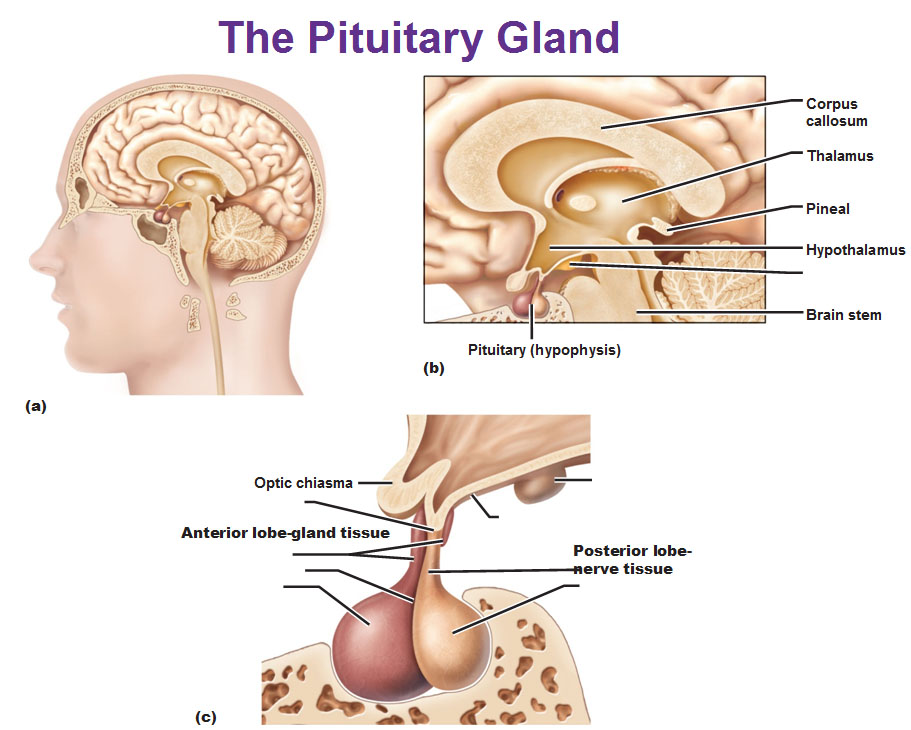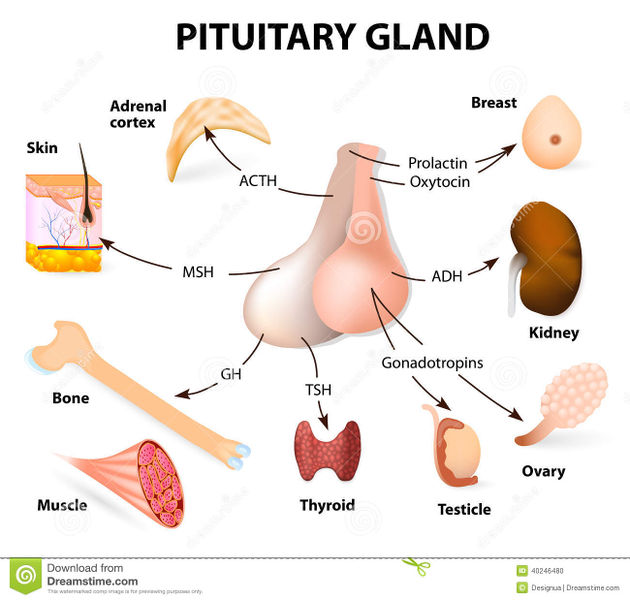
The pituitary gland is commonly referred to as the "master glands" because they regulate all the functions of the entire endocrine system. Located in the brain above the pineal gland, the pituitary gland is responsible for controlling the activity of all endocrine organs. The pituitary gland produces a hormone known as thyroid-stimulating hormone (TSH), which helps regulate the production of all hormones produced by other glands in the body.
The pituitary gland is the most sensitive organ to changes in food intake and environmental factors, so it is vital that the body has the right amount of TSH at all times. The pituitary gland controls the activity of all other glands and organ systems, producing the necessary hormones in sufficient quantities. In response to hormone deficiency, cells will not function properly.
Hypitaria secrete TSH, a thyroid stimulating hormone that promotes hormone production. When the level of this hormone in the bloodstream is too low, the thyroid gland does not produce the required amount of hormones. This is why an imbalance in hormone production occurs; if the production of hormones decreases, the body becomes sick.
One type of secreted pituitary hormone is called prolactin, which stimulates the growth of breast tissue. The hormone helps the pituitary glands to control the growth of the milk ducts and the production of milk by the mammary glands. This hormone is also responsible for maintaining the health of the adrenal glands. If the pituitary gland secretes too much prolactin, the adrenal glands may become underdeveloped.
The hypothalamus produces and secretes the neurotransmitter serotonin and other neurotransmitters such as acetylcholine and dopamine. Serotonin is responsible for regulating mood and appetite
Hyparides secrete thyroid-stimulating hormone, which promotes the growth and maintenance of new hair follicles and bone tissue. When the level of the hormone in the bloodstream is too low, the thyroid gland may not produce enough of this hormone, resulting in thinning hair and making ingrown hairs – ขนคุด unable to grow!

The thyroid stimulating hormone helps the thyroid gland produce enough antibodies to rid the body of all unnecessary antibodies, including TSH. An insufficiently active thyroid stimulating hormone will cause the thyroid to produce more antibodies in an attempt to destroy them. This can lead to goiter or enlargement of the thyroid gland.
There are two types of pituitary gland: primary and secondary. The primary pituitary glands are located in the same area of the brain and the primary gland, which produces hormones for basic bodily functions. The secondary pituitary gland, secreting another hormone, is located in the back of the brain and has secondary functions.
The pituitary gland produces and secretes neurotransmitters. These chemicals help control the production of serotonin in the hypothalamus. If there is insufficient hormone production in the pituitary gland, the brain cannot produce enough chemicals to counteract the effects of imbalanced hormones.
A deficiency in thyroid-stimulating hormone will lead to a decrease in the production of the hormone. Hypothyroidism is a condition in which the body does not produce enough hormone needed to regulate thyroid hormones.
The pituitary gland is involved in many complex processes in the body. It helps regulate glucose production to aid in energy production and maintain a normal body temperature.
The pituitary gland has been considered one of the most important parts of the body for many years. Because they are responsible for the production of hormones that support health and well-being, their proper functioning is critical to life. With a dysfunctional pituitary gland, people can experience a variety of conditions, from fatigue and weakness to arthritis and cancer.